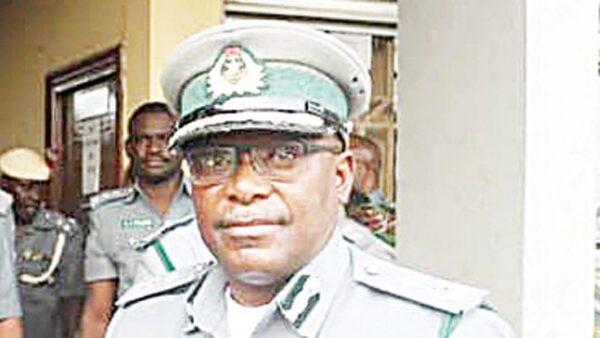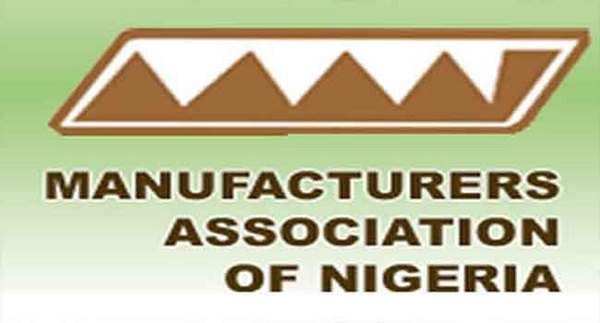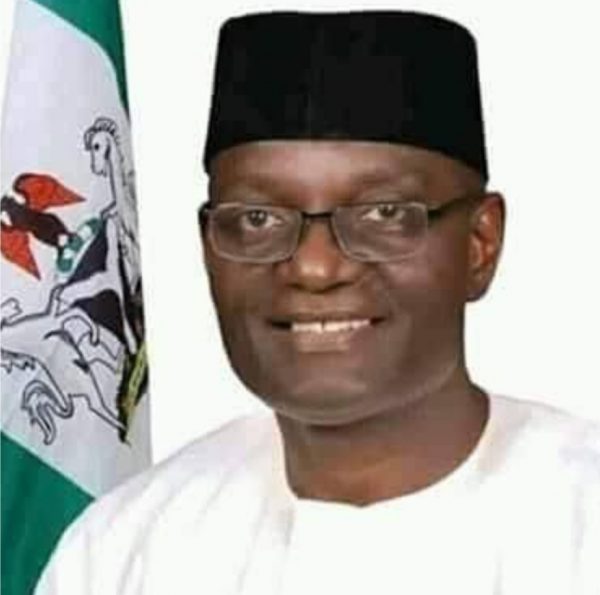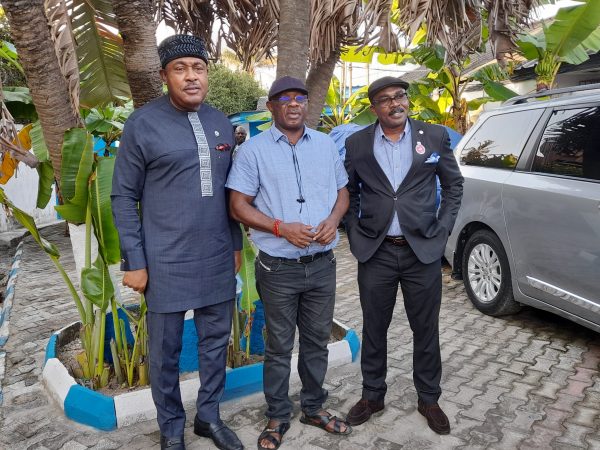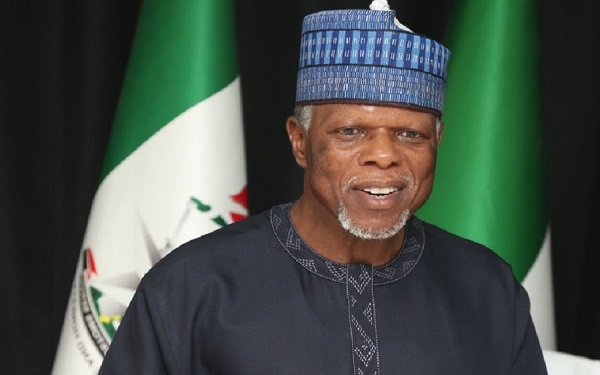Government targets N300bn earnings from maritime sector

The Federal Government has declared its intention of enabling the maritime sector to contribute over N300 billion to the national coffers, through restoration of safety and security on the waters.
The Minister of Transportation, Rotimi Amaechi, who disclosed this at the World Maritime Day celebrations in Lagos, said the new maritime security infrastructure being built by the Federal Government through the Deep Sea Project, would be a major economic trigger for the country.
Amaechi said the Deep Sea Project, which aims to secure the country’s territorial waters up to the Gulf of Guinea, would inspire greater investors’ confidence in the Nigerian maritime sector, and boost its contribution to the national economy.
“With this security infrastructure, the revenues of the agencies in the maritime sector will increase, and the revenue to the country will also increase. Currently, maritime sector is returning less than N100 billion; they should be doing more than that. They should be returning above N300 billion. But in terms of the economy, the maritime industry is contributing quite a lot,” the minister said.
According to him, the government is planning to link the railway system to the seaports, as a way of integrating the maritime sector into the rail master structure to make the movement of goods to and from the ports more effective.
Noting that all seaports in Nigeria must be connected by rail, Amaechi said: “We have put in place a 25-year modernisation programme for the rail system. With the master plan, we have taken rail from where the past government stopped into the seaports.
“For instance, the current Lagos-Kano rail line began from Ebute Metta. But when we came, we started another line from Ebute Metta to Apapa seaport. With this, when you bring in your goods, you turn them to the rail that takes them to the hinterlands. The one from Lagos to Calabar will link the Calabar, Port Harcourt, and Onne seaports, and so on.”
Also commenting, the Minister of State for Transportation, Senator Gbemisola Saraki, called for more scholarship and mentorship schemes to boost female participation in the shipping sector.
Saraki noted that the achievements of women in the maritime sector have shown that if given the opportunity, the Nigerian woman would excel .
“We want more scholarships for the girl-child in Nigeria. Women who have been given the opportunity in Nigeria have excelled, just as we have shown with the NPA (Nigerian Ports Authority) where Hadiza Bala Usman has made a tremendous difference, being the first female MD (managing director) of that Parastatal,” she stated.
Speaking on the theme, “Empowering Women in the Maritime Community,” Director-General, The Nigerian Maritime Administration and Safety Agency (NIMASA), Dakuku Peterside, expressed the hope that women will play a major role in the execution of the anchor security scheme, the Deep Blue Project.
He said: “Aside land, air, and marine-based assets being acquired, we have an intelligence gathering component where the women are already playing a major role. We recognise gender equality as one of the key platforms on which we can build a sustainable solution to security challenges in Nigerian maritime sector.” The Deep Blue Project is a multipronged approach towards tackling insecurity in the Nigerian territorial waters, and the entire Gulf of Guinea.
It involves the acquisition of assets, such as fast intervention vessels, surveillance aircraft, and other facilities, including a command and control centre for data collection and information sharing that will serve the goals of targeted enforcement. The project also includes the training of personnel from the security services to man the assets.
“The objective is to build an integrated surveillance and security architecture that will comprehensively combat maritime crime and criminalities in Nigeria.”



